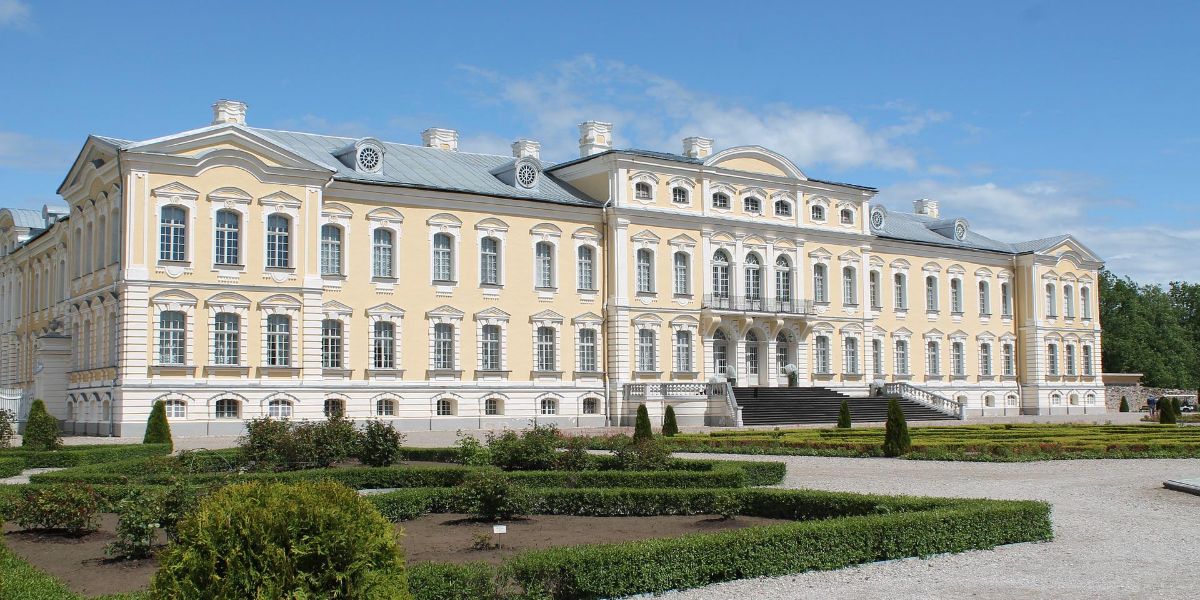On 6 September 2018 the IMF issued a report following the conclusion of discussions with Latvia under Article IV of the IMF’s Articles of Agreement.
Economic growth rose in 2017 owing to increasing wages, recovery of private investment and faster absorption of EU funds. Real GDP growth is estimated to be 3.7% in 2018, helped by strong domestic demand. Reforms need to focus on easing labor market constraints and improving productivity; improving the domestic credit situation to support investment; and further enforcing the framework for anti-money laundering and combating financing of terrorism (AML/CFT).
Labour market constraints and demographic difficulties will be challenges in the medium and long term. Latvia should focus on structural reforms to support participation in the labour market; reduce structural unemployment and raise labour productivity. This can be done by supporting skill-matching and skill-building; reviewing the minimum wage structure; supporting labor participation by certain groups; and encouraging suitable immigration.
The IMF considers that the ongoing tax reform should help reduce the high tax wedge and make the tax system more progressive. Revenue mobilization should be improved to meet the initial cost of the reforms. More could be done to make the fiscal policy mix more growth friendly and inclusive, for example by targeting government spending toward social protection programs and productive investments. Over the medium term, the financial system needs to become more supportive of investment. The IMF considers that the reforms should reduce the risks from the insolvency framework and the shadow economy.













